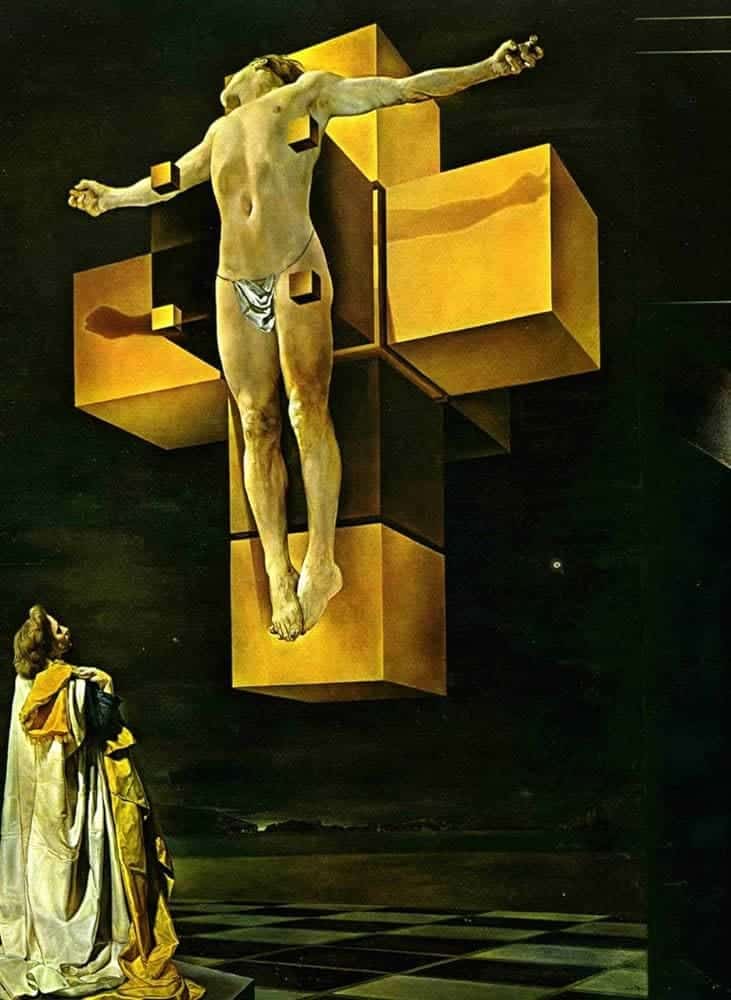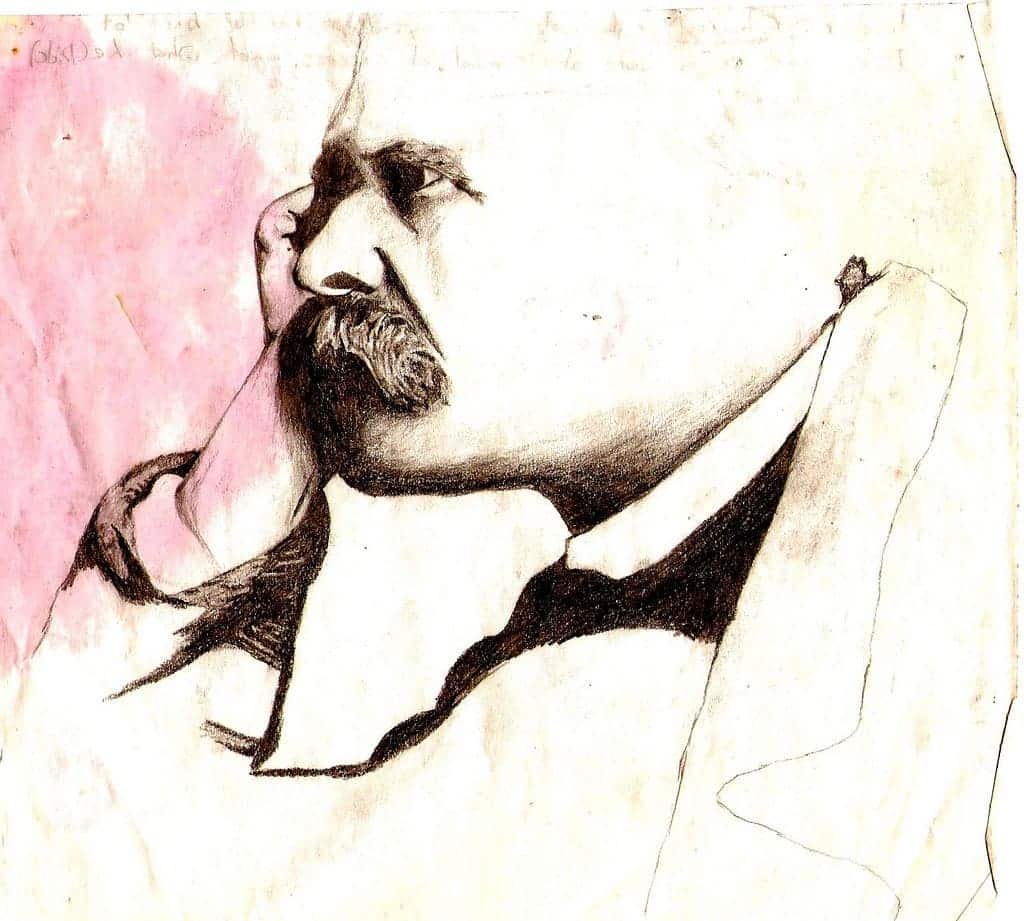
A man was hanging from a Roman cross.
The nails, driven into the center of his wrists, had caused him to lose a lot of blood, and his legs, already weakened by fasting and beatings, were beginning to give out. Before reaching his final moment, when the voice would find no more air to send out, he uttered these strange words:
“My Father, do not forgive them. Please don’t do it, My Father! Don’t forgive like you forgive dogs!
These people are only responsible for the naive fault that I wanted. I enjoyed their whipping, spitting, mockery, and death. In front of them was not a criminal but a man who mocked humanity by making himself its object, even more so than the beasts who, in this desolate place, search unsuspectingly for a few blades of grass.
Do not forgive them, My Father!
Those who always stand and those who are on their knees because they have more withered legs than me. These do not deserve such a horrible punishment: the forgiveness of indifference. In me, they sought a man to love, a true king, but they found only one who was trampled like the vilest of beasts.
It was I, My Father, who wanted them now here, in front of Me, to see how much pain I wanted to allocate to them in this place of death and squalor. To love is what man can never grasp, and I made of the same spirit as you, now a man like them, understand it in its rawness and feel the devastation that pervades my bones.
I hated my executioners, and so I stared at them as men, as beings who were treating me as I arranged for them to do.
But I could read disappointment in their faces. Planting those nails, My Father is more unpleasant than the gall they offered Me. But it is my fault, mine alone, that they were not removed from such a thankless task. My wanting to be loved pushed them against the wall and nailed them before me!
And let there be no glory for the few who defended me!
These, the worst enemies of my tormentors, made themselves objects that I might rule their flesh and hearts: they said they loved me themselves more than anything else, and in so doing, they humbled themselves and continue even now to do so unceasingly, while their friend dies, choking on a cross.
What difference is there, My Father, between those dried-up trunks that line the driveway and these people crying like whipped dogs? The eyes of the executioners were alive instead!
They were suffering, it is true, but they remained as deep and dark as the abyss of the sea, and in doing that infamous deed, horrendous to their own insane pleasure, they did only my will and truly loved me, robbing themselves of the possibility of being in turn loved.
For to love, My Father, is mankind’s worst worry, the bitterest plague inflicted on man! Do not forgive them, therefore. You would wrong them far worse than the fate that befell them in life.
Treat them as people who stand in front of me. Treat them as gods, as Me and You.
Treat them, My Father, like men!”
Saying this, a blow from a mallet broke his legs, and the condemned man, without making any other sound, died.
Considerations of Nietzsche’s philosophy concerning the overcoming of God
Friedrich Nietzsche (1844 – 1900), the famous German philosopher, delved into the concept of God and stressed the need to overcome this notion in his work. He saw the idea of God as a social construct that prevented individuals from realizing their true potential. Nietzsche believed that belief in a higher power led to the suppression of human autonomy and creativity.
According to Nietzsche, the concept of God favored a passive mentality, as people relied on divine intervention rather than taking control of their lives. He argued that this dependence weakened individuals, preventing them from fully embracing their power and achieving self-realization. Nietzsche viewed this dependence on God as escapism, allowing individuals to evade responsibility for their existence.

To overcome the concept of God, Nietzsche proposed the idea of the“Ubermensch” or “Overman” (not “Superman” as one is commonly led to think). The Ubermensch represented an individual who transcended traditional values and the limits imposed by society. This figure would embrace its will to power and create meaning in life rather than relying on external authority.
According to Nietzsche, the need to overcome the concept of God was crucial to human progress. Individuals could claim their autonomy and shape their destiny by rejecting the idea of a divine being. Nietzsche’s ideas challenged the established religious beliefs of his time, sparking intense debate and influencing subsequent philosophical discourse. His thoughts continue to resonate with people seeking to break free from the constraints of traditional religious thought and embrace a more self-determined path.
If you like this poetic prose, you can always donate to support my activity! One coffee is enough!

